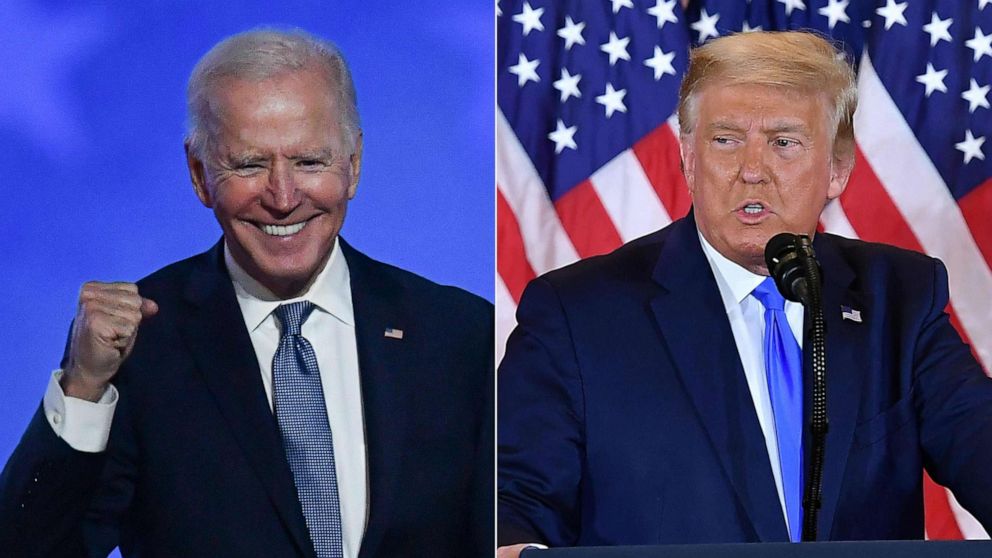Trump refusal to ease Biden transition opens ‘dangerous gaps’ in nation’s security: Experts
The refusal of a little-known government agency to acknowledge Joe Biden's election victory is stalling the president-elect's ability to prepare for taking office, and opening what experts called "dangerous gaps" in the nation's security heading into the transfer of power.
"It is deeply in our national interest to reduce the disruptions in a transition and try to make this go smoothly," said Lee Hamilton, a former Democratic congressman from Indiana who has studied the issue. "The transition is a period of potential danger and increased risk to the country … and our adversaries know that."
The General Services Administration has yet to officially "ascertain" a winner, leaving Biden and his advisers without access to crucial resources meant to ensure a smooth transition -- including classified intelligence briefings and the mundane work of installing a new slate of leadership.
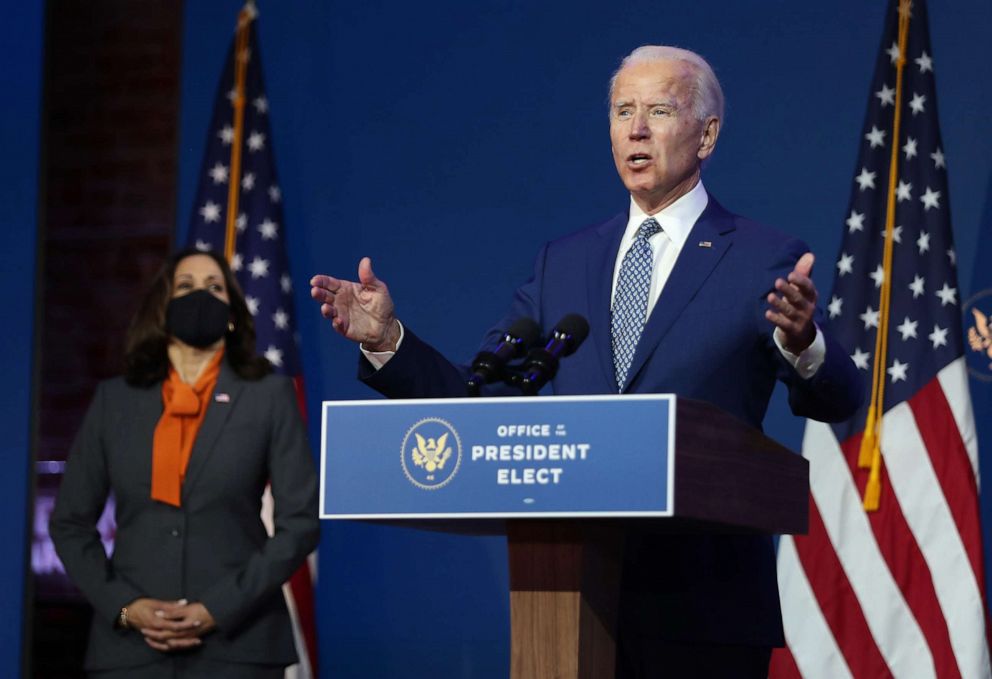
On Monday, the Office of Director of National Intelligence said it "would not have contact" with Biden's transition team or grant the president-elect briefings until the GSA officially declares him the winner.
In election cycles past, the GSA ascertainment is one of many perfunctory steps to ensure the continuity of government from one administration to the next. This year, however, the GSA has withheld this key declaration pending official vote certifications or a concession from President Donald Trump.
But its hesitance to do so now threatens the safety of Americans, former officials said.
David Priess, a former intelligence briefer and author of "The President's Book of Secrets: The Untold Story of Intelligence Briefings to America's Presidents," said these classified intelligence briefings are crucial for incoming leaders to be prepared to take power on Inauguration Day.
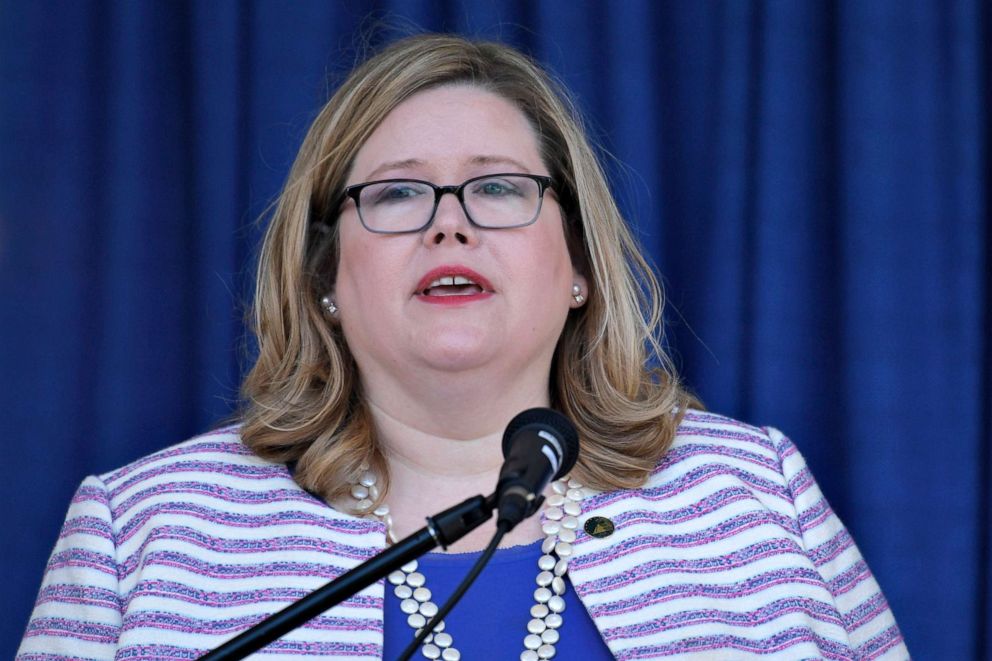
"Imagine a situation where a president-elect takes office on Inauguration Day and suddenly being confronted with, in the worst-case scenario, multiple foreign policy crises at once," Priess said. "Having that time during the transition … is immensely valuable for starting off most effectively for national security."
By withholding its stamp of approval, the GSA is also depriving the Biden camp of resources needed to install a new team of leaders -- a massive and cumbersome bureaucratic effort even under the best of circumstances. A prolonged delay from the GSA could hinder incoming officials from acquiring security clearances, government email addresses, and office space.
Earlier this week the GSA cited the contested 2000 presidential election as "prior precedent" to justify its hesitance to accept a winner. As Bush v. Gore made its way through the courts -- effectively cutting the transition period in half -- the GSA declined to engage either campaign.
On Tuesday, Secretary of State Mike Pompeo also mentioned the 2000 election precedent to support his hesitance to accept Biden as the winner, telling reporters that the government managed to execute a "successful transition back then" even under a compressed timeframe.
Experts dispute the use of that comparison. On Monday, David Barram, the GSA administrator in 2000, said the circumstances then were "dramatically different," citing a razor thin margin of votes separating the two candidates in a single state in that election.
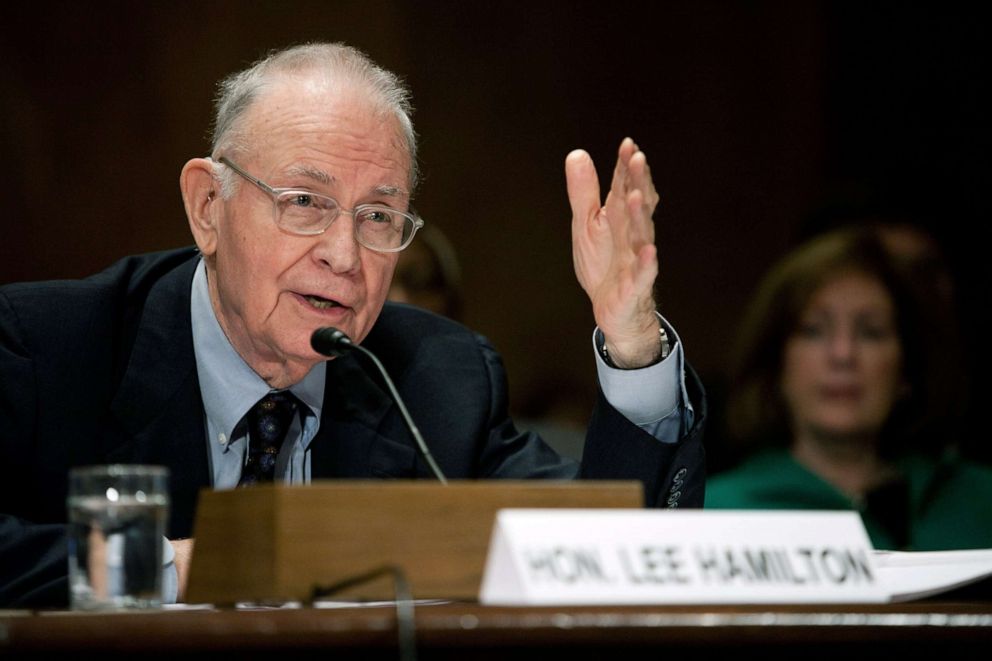
But mentions of the 2000 transition have nonetheless caught the attention of former national security officials.
Years after the Sept. 11 terrorist attacks, the authors of the 9/11 Commission Report determined that the compressed transition timeframe ahead of George W. Bush's inauguration "hampered the new administration in identifying, recruiting, clearing, and obtaining Senate confirmation of key appointees."
Hamilton, who co-authored the 9/11 Commission Report, said Wednesday that those delays contributed to challenges in responding to the attacks and failure address those delays opens up "dangerous gaps in the security posture of the United States."
A former legislator, Hamilton also took note of the oversight role of Congress in ensuring a productive transition. In the days since Biden was declared winner, Republicans have largely fallen in line behind President Donald Trump's refusal to concede. But some have encouraged the GSA to begin the process of transitioning Biden into power -- without directly undercutting the president's scattershot of legal challenges to the vote.
"We need to have that contingency in place," Sen. Marco Rubio, R-Fla., told Bloomberg News. "I don't think allowing the GSA to move forward on some of the transition work prejudices in any way any of the legal claims the president intends to make."
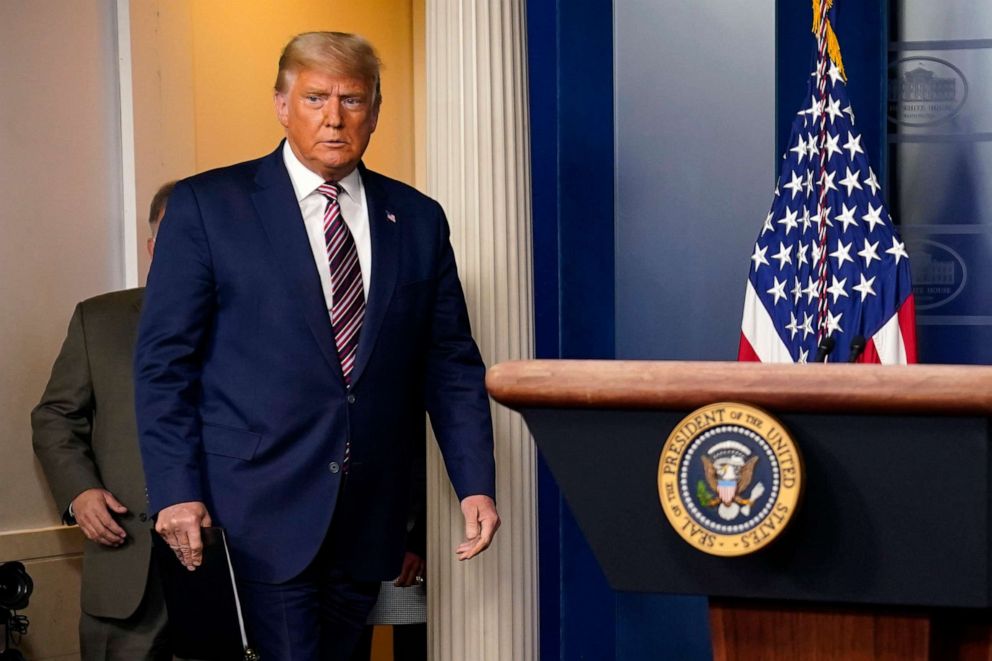
Mike Rogers, the former ranking Republican on the House Intelligence Committee, called on the ODNI to engage Biden and his aides for intelligence briefings, noting that "our adversaries aren't waiting for the transition to take place."
"(Biden) should receive the President's Daily Brief (PDB) starting today," Rogers wrote on Twitter. "He needs to know what the latest threats are & begin to plan accordingly. This isn't about politics; this is about national security."
For its part, the Biden campaign seems unperturbed by these delays. On Tuesday, the president-elect said his transition team is forging ahead with plans to take power in January, calling Trump's refusal to concede an "embarrassment."
"We don't see anything as slowing us down, quite frankly," Biden said.
